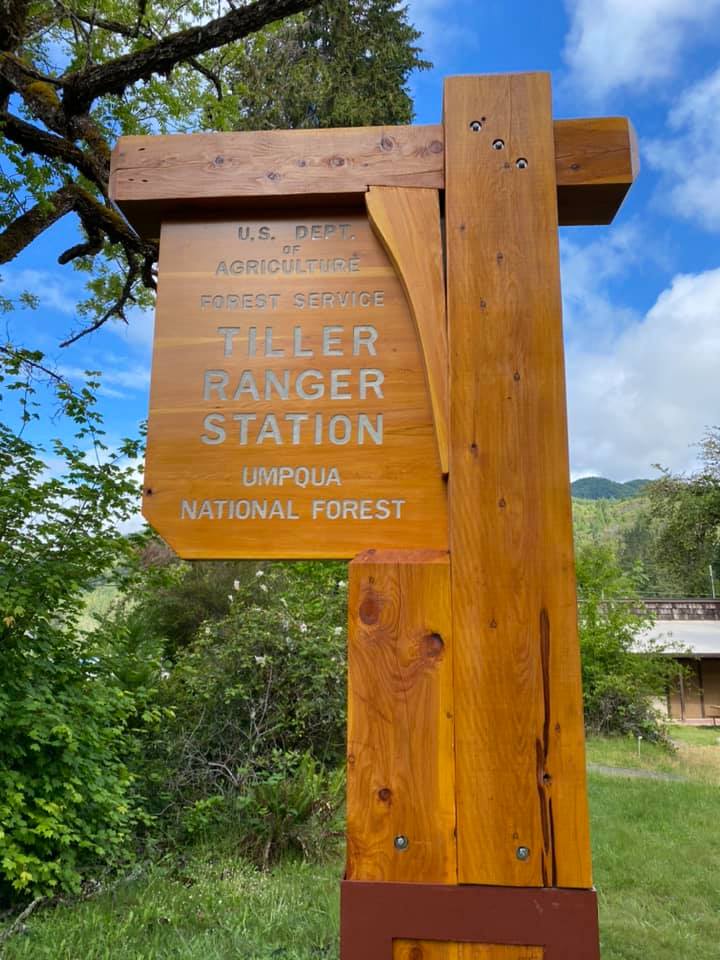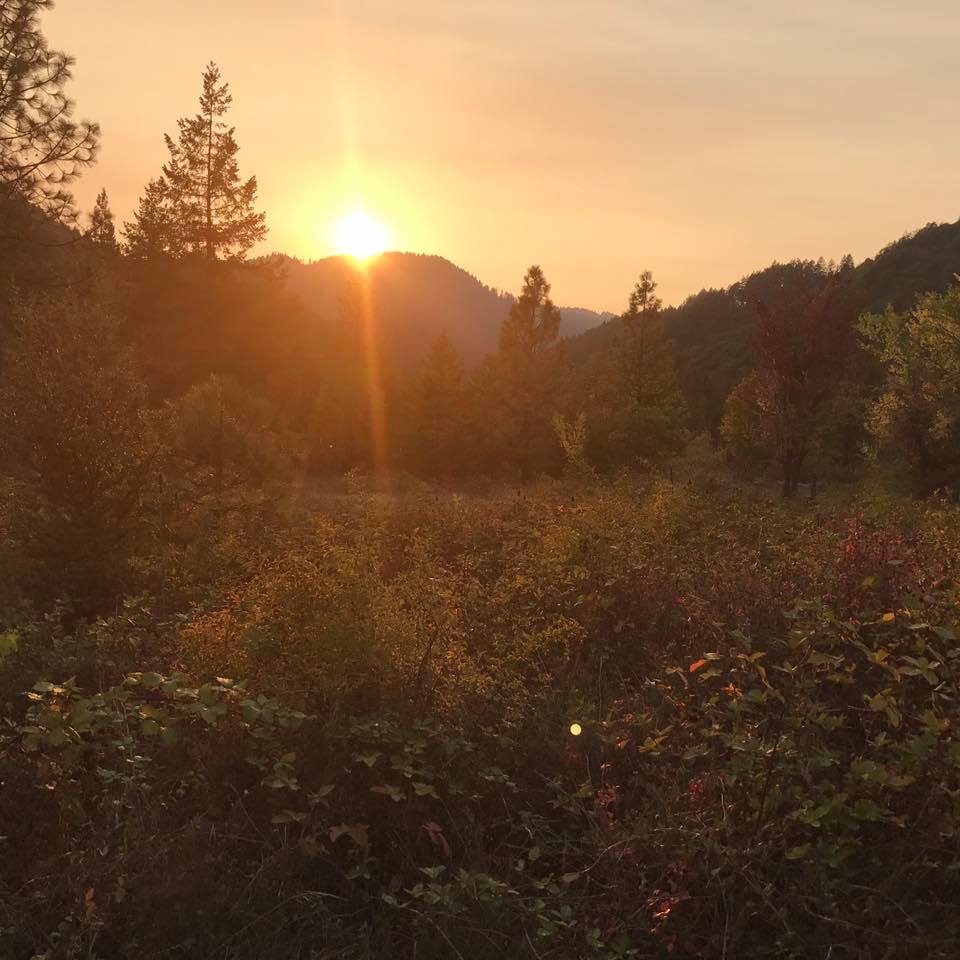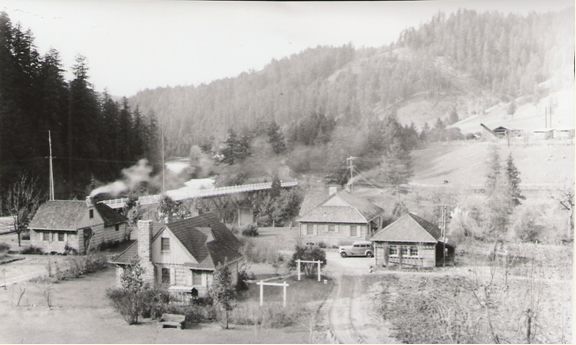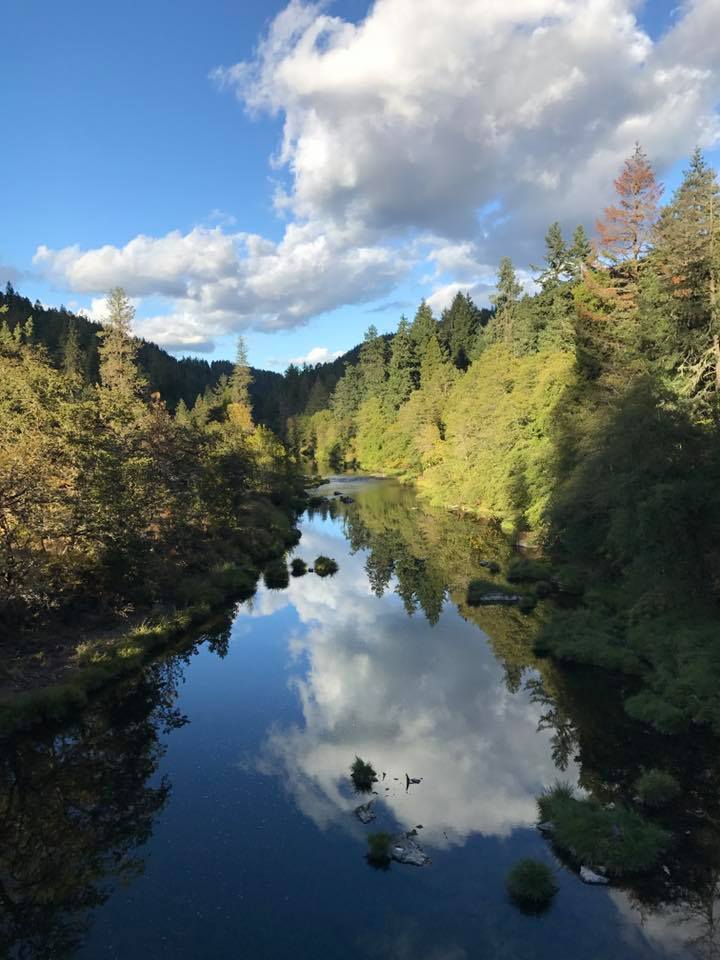
In our last post we detailed the logistical challenges the Tiller Ranger District would face when trying to manage its rental units—Acker Rock lookout, Butler Butte cabin, and Whiskey Camp cabin—from Canyonville or beyond.
To recap: all three units are well beyond cell phone range, and the district would struggle to provide operational service to guests when a human touch-point is an hour or more away. It thus seems likely that, should the ranger station ever be relocated closer to Roseburg, the district would have to discontinue offering these rentals. (They’re already trending this way, as Acker and Butler have been out-of-commission for several seasons because of maintenance issues.)
We can imagine how these same remote management problems would impact the Rogue-Umpqua Divide Wilderness—particularly “the lakes” (Fish, Buckeye, and Cliff), which are among the most popular recreation destinations on the district outside of the main river corridor.
The “untrammeled” wilderness experience that the lakes currently offer is only possible because of the very human labor provided by the Tiller Ranger District’s wilderness and recreation employees, e.g.:
- Hauling out trash and debris (beer and soda cans, Dinty Moore stew cans, wads of aluminum foil, discarded water bottles, broken fishing poles, partially-melted air mattresses, etc) that campers leave behind, often inside of their still smoldering fire rings.
- Burying human waste and toilet paper.
- Ensuring visitors are following wilderness rules—for example, not bringing in motorbikes, setting off fireworks, or carting in kegs of beer.
- Helping hikers who have suffered an injury (like an ankle sprain) return safely to the trailhead.
- Helping family members reach their spouses or children when an emergency message needs to be passed along.
Visitors would *immediately* notice the difference if this level of service were diminished—which it certainly would be if the ranger station were relocated downriver, whether to Canyonville, Myrtle Creek, or even all the way to Roseburg.
Consider that it’s already a lengthy drive + hike (around two hours) from Tiller to Fish Lake, to use one of the lakes as an example. You’d be tacking on an extra thirty minutes to that commute if you were coming from Canyonville. Those extra chunks of time really add up when you’re trying to visit all three lakes on one day, which wilderness employees will often do during summer weekends.
Beyond the lakes and their trailheads, there are many other trails (around 100 miles total!) that hikers can use to explore the wilderness, including the Acker-Divide Trail (which leads to Grasshopper Meadow and Grasshopper Mountain), the Rogue-Umpqua Divide Trail (which covers everything from Abbott Butte to Anderson Mountain to Hole-in-the-ground to Three Lakes Camp), and the Whitehorse Meadows Trail (which leads to the namesake meadows and Wolf Lake).
Anyone who has attempted to hike these trails in recent years knows that they’ve seen better days, due in part to a lack of maintenance and in part due to damage from recent fires. This unintentional negligence is certainly not unique to the Tiller Ranger District, but the problem is only going to be compounded by moving the ranger station away from the wilderness and closer to Roseburg.

 The Tiller Ranger Station is located at the confluence of the South Umpqua River and Jackson Creek, about 23 miles east of Canyonville along County Road 1 / Highway 227. Although there are parcels of Forest Service land surrounding the ranger station, what we think of as “the forest” is actually well up the road. And getting to the most popular camping, hiking, and recreation destinations (like the South Umpqua Falls) requires quite a drive.
The Tiller Ranger Station is located at the confluence of the South Umpqua River and Jackson Creek, about 23 miles east of Canyonville along County Road 1 / Highway 227. Although there are parcels of Forest Service land surrounding the ranger station, what we think of as “the forest” is actually well up the road. And getting to the most popular camping, hiking, and recreation destinations (like the South Umpqua Falls) requires quite a drive.


